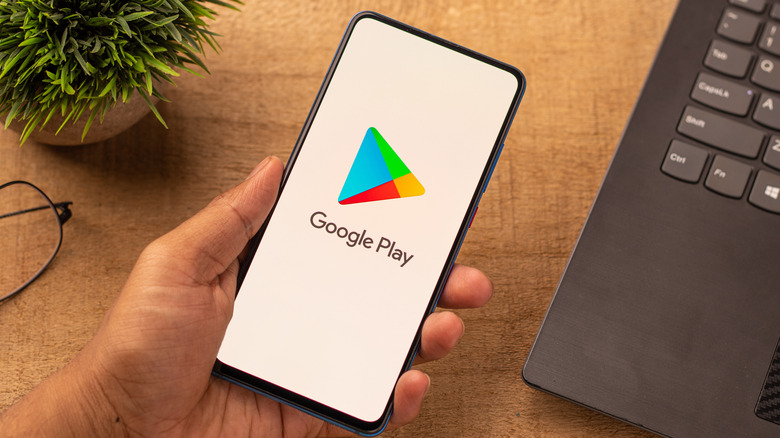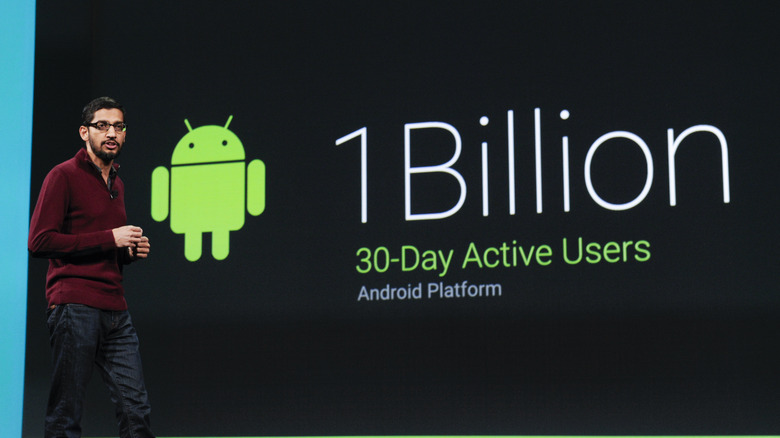Google Play Store Now Shows What Apps Do With Your Data
We live in an app-centric world. Our reliance on software intersects with our dependence on mobile devices. It's not unusual for the average person's phone to be filled with apps, many of which may have remained unused and forgotten about. Many users lose sight of the fact that nearly all apps collect and use some data gathered from phones, even if it's only seemingly innocuous things like the handset's model or the number of times an app was launched. More often than not, users are simply unaware that apps use such information before they install them. That is why Google is now showing privacy-related information directly on an app's Play Store page, helping users make an informed choice about whether they want to install the app.
Google announced this new privacy section in a blog post, though users shouldn't be surprised when some apps are listed without the related information. That's because Google has given developers until July 20 to comply with the new requirements. This new section will appear alongside app page sections like "About this app" and "Ratings and Reviews," so it may not be visible to users at first glance. The effectiveness of this information will mostly rely on whether users actually navigate to that section and read the information to make an informed decision. It also presumes users will be able to understand what's written there, though Google has tried to make the wording as approachable as possible.
User control, developer duty
The intent of this new privacy feature is to put users in control of their digital lives, helping them make decisions about which apps to install and which to stay away from. This works in conjunction with other security and privacy features like the fine-grained permissions system to protect users from less conscientious developers who might use collected data for their own profits.
Unfortunately, this system relies heavily on developers being truthful about the information they put up in that section. There is quite a big list of things to cover, and some developers might not feel like putting in the extra effort to ensure they are being honest with their background activities. The burden, then, is being put on developers to help protect users (via Google). The company does say it will review the information provided, but Google's app review process is mostly automated, unlike the Apple App Store. Given the platform's history, there's a chance that some disingenuous information may slip through the cracks, making the entire system moot.

